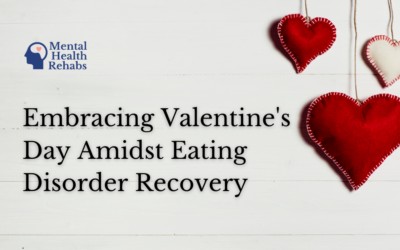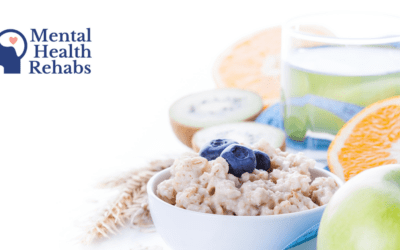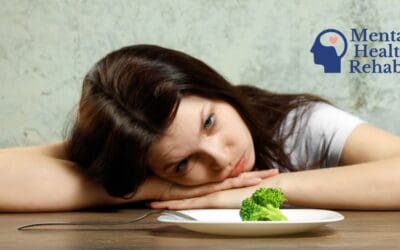Eating Disorders.

What Is an Eating Disorder?
Eating disorders are illnesses characterized by disturbances to a person’s eating behaviors. These often include symptoms such as obsessing over foods, body weight, and shape. Someone has an eating disorder when their eating, exercising, and body weight or shape become an unhealthy preoccupation in their life.
Types of Eating Disorders
Eating disorders cause serious emotional and physical problems. Each condition comes with different signs and symptoms that make them unique from each other.
Anorexia Nervosa
Bulimia Nervosa
Binge Eating Disorders (BED)
Treating Eating Disorders
While there aren’t currently any cures for eating disorders, they can be managed using different treatment options. Treatments will vary depending on the severity and the type of disorder but often include:
- Psychotherapy, including behavioral therapy, focuses on coping mechanisms
- Medicines, including antidepressants and anti-anxiety drugs to address co-occurring mental health disorders
- Nutritional counseling with weight restoration monitoring to better the relationship between food and weight
- Family-based therapy to promote healthy eating patterns and increase support within the family unit
Eating Disorders and Addiction
Many people with eating disorders also struggle with a co-occurring substance use disorder. The use of illicit drugs like cocaine, alcohol, and hallucinogens is a popular method for coping with the symptoms of eating disorders. In addition, because many of these substances can curb appetite, they’re often abused to maintain unhealthy eating habits and weight.
Dealing with addiction and eating disorders can be dangerous as it may lead to malnutrition, medical consequences, and potentially death. When these conditions co-occur, it’s essential to seek comprehensive treatment programs that address both conditions simultaneously.
If you or someone you know is dealing with an eating disorder, please reach out for help ASAP. Early intervention is critical for long-lasting recovery. Contact a treatment provider today and start your journey to recovery.
Related Articles
Embracing Valentine’s Day Amidst Eating Disorder Recovery: A Guide to Compassionate Coping
Valentine’s Day, widely celebrated as a symbol of love and affection, often emphasizes indulgent dining experiences and the exchange of sweet confections. This focus on food can pose significant challenges for individuals recovering from eating disorders, potentially...
Is New Nutritional Trend Causing Eating Disorders
The ketogenic diet. The paleo diet. The caveman diet. Juice cleanses. Raw milk. Fruitarianism. Nutritional trends and diets like these are usually born from an effort to improve a person’s health -- which can mean pursuing weight loss or eliminating unnatural...
Are Anorexia Symptoms Different in Males?
Anorexia -- and eating disorders in general -- are often considered disorders that only affect women and girls but this is wildly incorrect. While it’s true that disordered eating and body dysmorphia are more common in those who identify as women, men can have...
10 Common Myths About Eating Disorders Debunked
Eating disorders are often misunderstood, leading to harmful stereotypes and misconceptions. With the abundance of misinformation surrounding food and healthy eating, it can be challenging to grasp the severity of eating disorders. Let’s break down the most common...
Don’t Struggle Alone.
Get Help Today.
Reaching out for help for yourself or a loved one can be overwhelming and stressful, but it doesn’t have to be. If you are struggling to find the right help, or even know where to get started, please feel free to call our 24/7 helpline.
Begin your mental health journey right now!





